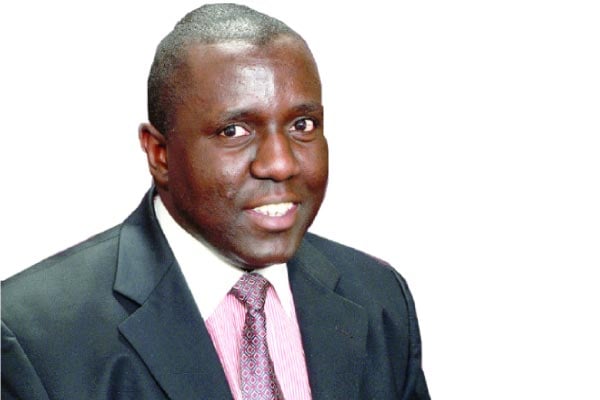
Author: Mr Karoli Ssemogerere is an Attorney-at-Law and an Advocate.
It seems Members of Parliament are eager to put their mark before their terms expire in the next fifteen months.
On the government side, Tororo Woman MP and Chairperson of the Uganda Women’s Parliamentary Caucus, Sarah Opendi has some radical proposals on the definition of the family. The DNA Bill proposes to leave any issues of DNA solely with the courts of law.
A nod to DNA is a fast-growing enterprise in Uganda. Informally many families “illegally” connect DNA by collecting body hairs, borrow toothbrushes and rush them to DNA labs to confirm parentage.
Many foreign missions for purposes of confirming family ties require unmarried parents to submit to DNA to confirm their ties to purported children. The Children’s Act tried but failed to completely do away with the stigma of children born outside wedlock. It did not amend the other laws or indeed the mindset of society that wedlock, “itself” a tool of foreign jurisprudence should carry stigma with children, innocent of the act through which they are created.
Ms Opendi, married to FDC MP, Mr Katushabe is also proposing to legitimize the marriage form of “come we live together!”. At the same time, she is coming strong on the other side to declare marriages dissoluble on account of spouses failing to maintain sexual relations.
There are a number of physiological issues that may speak to both sides of the coin. First is the belated understanding that the two sexes, male and female have different sexual life-cycles.
For many men especially in the industrial world, as society burdens them with more responsibilities, family, taxes, breadwinner, the sexual activity peaks much earlier and is partly responsible for the “sugar mummy syndrome.” For women once the peak years of being able to conceive go by, there is may be more interest.
At this time, women have caught up with men in terms of earning and status in society. The empowered women are all of a sudden interested in their own sex lives, unburdened by the responsibility of child bearing but also of their children. A visit to the DNA clinics, has grandmothers caring about their progeny for succession purposes, moving along the benches with single fathers, single mothers and so on.
One class of stakeholders is absent from the DNA debate, the grandfathers. They are mostly dead, or have fallen off the train somewhere, their property distributed among the young family members, the head of the pride of lions eaten up by his own offspring and left to rot.
Across the floor, there is more mischief. Riding on government’s failure or reluctance to bring constitutional bills, or even a delay to do so, backbenchers have brought up a Christmas tree of proposals.
On the government side, there is a proposal, without ownership to amend the law on election of the president to bring it back to the 1967 Constitution, electing the president from the majority of members of Parliament.
The opposition has had similar ideas, they also want to elect the Leader of the Opposition from the majority of members of Parliament. The question then is, does Uganda formally abandon the presidential system to a parliamentary system as is the case in South Africa? In which case both the President and the Leader of Opposition sit alongside each other in Parliament? Prime Minister Robinah Nabbanja is not very happy with this idea. It may push her entire office as Leader of Government Business out of office.
In South Africa, the President has to personally defend his proposals in Parliament. But this accessibility has come of aid, in uncertain times, when ANC lost its parliamentary majority in the May elections, they were able to share power with their former opponents in the opposition.
Another proposal to require a president to name a running mate is also doing the rounds. A deputy president, named by presidential candidates on the ballot. Further that the Deputy shall not be from the same region as the President. Also in a stab, against fiefdom politics, that the winner carry 25 percent minimum of votes cast in each of the 4 regions in Uganda.
This may be the most radical power sharing proposition ever put in Ugandan laws. The census’ failure to capture all residents in Uganda will face its biggest test, as all the regions will be on the table. This is not bad.
Northern Uganda moved from +90percent for the opposition to a majority in favour of NRM in just 25 years. Central Uganda and Busoga, also moved from +30-40 percent in favour of NRM to plus 10 percent for the opposition in the same period.
Numbers even where they are exaggerated or tampered with communicate to the businessman what they need to know to successfully sell a new product. Fire the salesman, fire the team. Now finally Parliament is legislating not procrastinating.
Mr Ssemogerere is an Attorney-At-Law and an Advocate.
[email protected]




